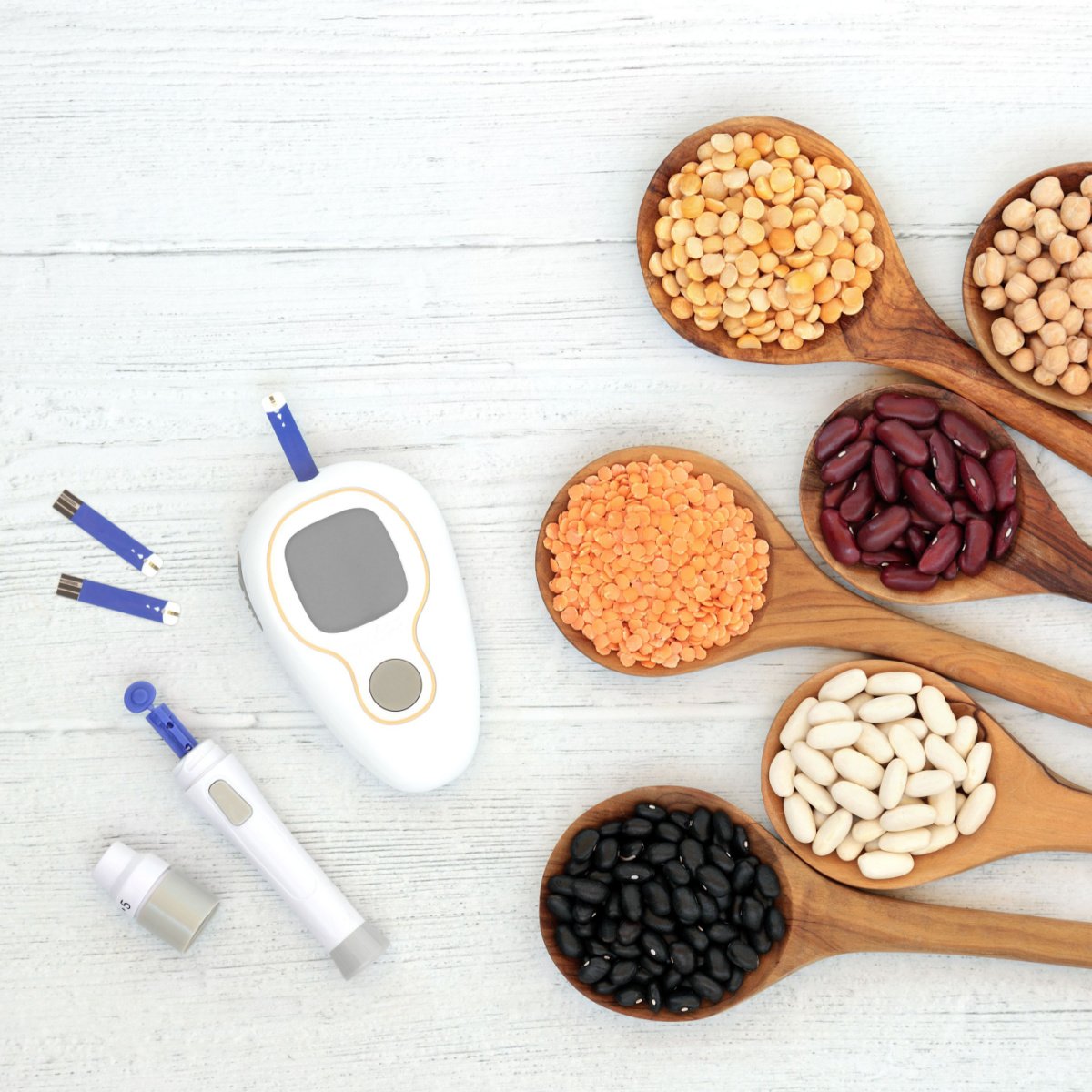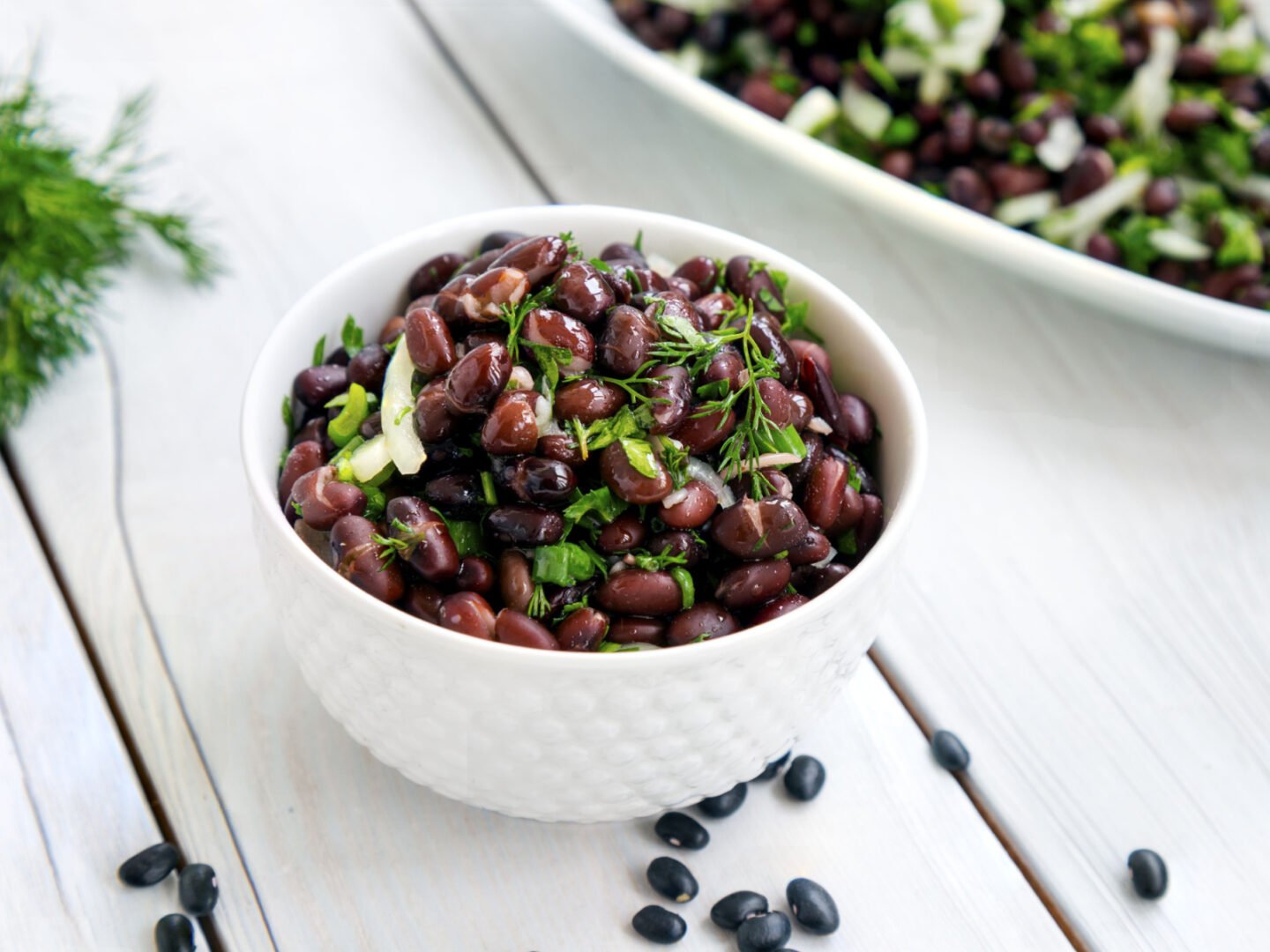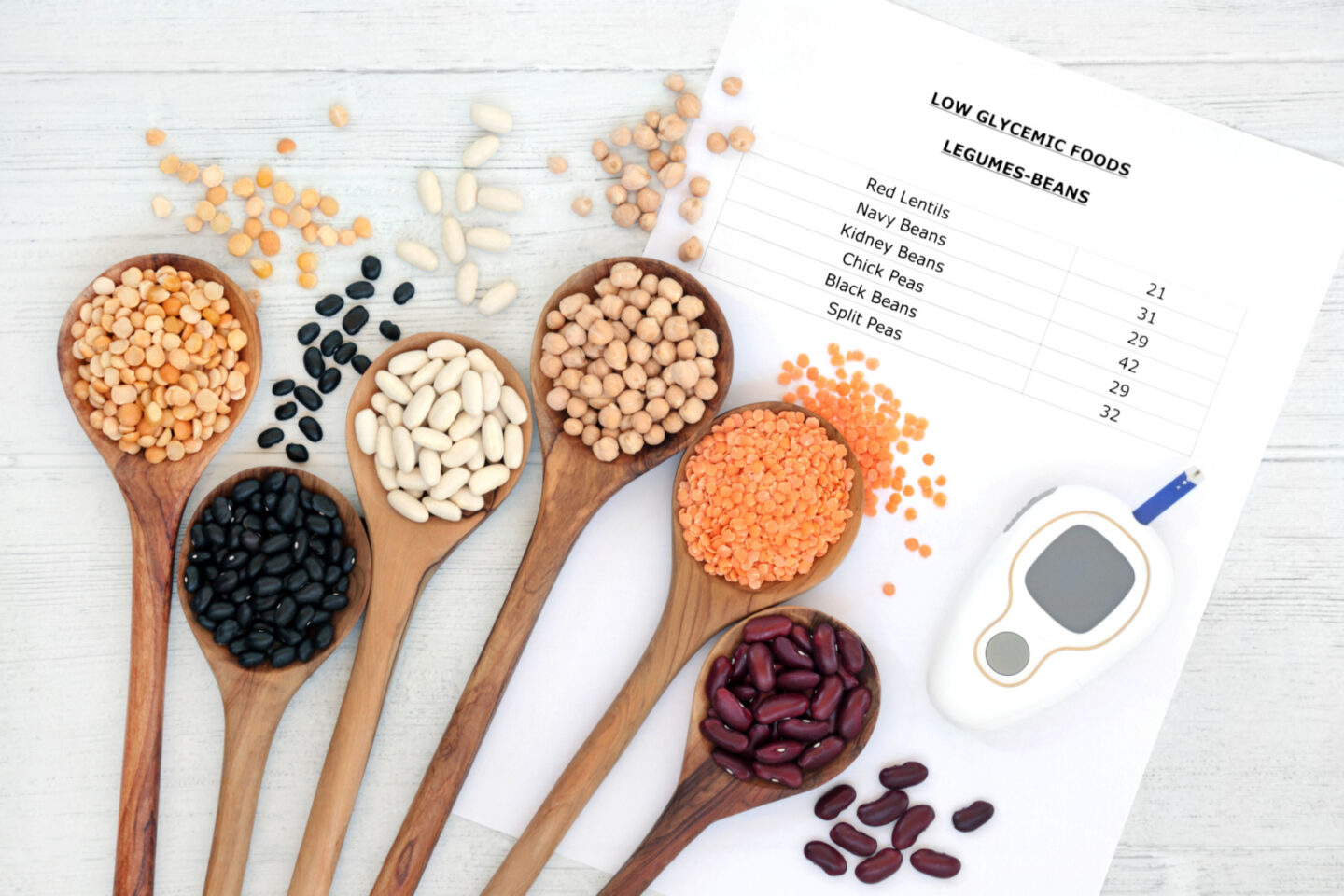The American Diabetes Association classifies beans as a diabetic superfood. These are a group of foods rich in vitamins, minerals, antioxidants, and fiber; they are also great at preventing diseases, among many other health benefits. Of all these superfoods, beans are number one on this list. Why is this? Beans, including black beans, are an important source of proteins, fiber, and minerals. For people on a diabetes diet, it's great at helping to keep your blood sugar levels and blood pressure stable, reducing your risk of heart disease, and maintaining the body's overall health.

In this article, we shall look at beans that are best for people with diabetes, especially if you're on a low glycemic index diet, the best ways to incorporate beans into your diet, and the benefits of consuming beans.
Table of Contents
Best Beans for a Low Glycemic Index Diet
Dietary recommendations suggest adding the following beans to your diabetes diet: Black Beans, Pinto Beans, Kidney Beans, Garbanzo Beans, Canned Beans, Baked Beans, Green gram, and more, but for this article, we shall be expanding on just a few.
Black Beans and Diabetes

Black beans, also known as turtle beans, are great for people with diabetes because of their low glycemic index. This means that they do not cause significant spikes in your blood sugar levels; instead, they lower blood sugar. Black beans are highly recommended because they've been shown to control blood sugar, boost weight loss, and reduce cholesterol and triglyceride levels in the body. Black beans are also a versatile food used as a main or side dish. Adding black beans to salads or using them to make bean burgers can spice up your meals and add a bit of flavor to your diabetes diet.
A cup of a third of black bean servings contains about 75 calories and is perfect for adding to your diabetes diet.
Canned Beans
These are a great alternative to raw beans and offer a great cooking shortcut; dieticians and nutritionists often recommend that you add no sodium canned beans to several of your meals each week as they help manage your blood sugar levels effectively. When buying them, it is important to check the labels and rinse them repeatedly to eliminate the extra salt and sugar content.
Baked Beans
Although baked bean can have high sugar content, since it is composed of mainly complex carbohydrates, it is not entirely bad. The most important thing when buying baked beans is to check the labels of any product you buy. A serving of most brands that have refined sugars and molasses offers the equivalent of a teaspoon of sugar, and for a person with diabetes, that's a lot for one serving. Eating them in regulated portions and buying products with reduced sugars are advised. You could also try making them at home to control the sugar and carbohydrate count.
Kidney Beans
These are among the most common beans available as they are packed with essential nutrients that are great for the body and improve well-being. They are a great supply of iron, fibers, and proteins and contain a decent level of antioxidants that boost the body's immune system. They help lower blood sugar, are great for healing and repairing the body, and have many more health benefits.
How to Incorporate Beans Into Your Diabetes Diet

Beans are a very great addition to your diet. You could add them to your salads, make bean burgers out of them or mix them up with little beans and rice as the dietary fiber makes the digestion of high carbohydrate foods, like rice, into glucose slow and the stream of glucose into the body safe and steady. They also work as either a side or main dish.
As with vegetables, the raw varieties are the best as you have full control over what to mix them with or add to them; for example, you could try adding black beans to tacos or crushing them as a base for a vegetable burger. You could search for more recipes online or consult your healthcare provider for more ways to incorporate beans into your diet.
Benefits of Consuming Beans
Consuming beans has many nutritional benefits, especially for people with diabetes. One of which is that they are a complex carbohydrate and a great source of fiber, which means they take longer to digest than other carbohydrates, thus helping to keep blood sugar levels stable for a longer period. Bean consumption also slows down the digestive process, so instead of getting a rush of calories and sugars into the bloodstream, one gets a slow and steady supply of glucose, helping to keep blood sugar levels in optimal ranges and promoting health.
Another benefit of consuming beans is that they are a great source of plant protein. For body tissue growth and repair, protein plays a huge role. This is because the body breaks down protein into glucose to use it for energy. However, this process takes longer than breaking down carbohydrates, which slows down the body's rate of digestion. Because of this, food rich in protein can help people feel fuller for longer, lowering a person's risk of overeating and obesity, which can lead to health conditions like heart disease. According to the American Diabetes Association, half a cup of beans equals the protein equivalent of an ounce of meat without saturated fat.
Beans are also very nutrient-rich, filled with vitamins and minerals with no trans fat, salt, or cholesterol. This way, they are particularly effective at lowering one's disease risk. Some essential nutrients they contain are folate, iron, potassium, magnesium, and calcium.
Beans contain a decent amount of folate, which helps to properly regulate red blood cell production and functionality in the body. They are also necessary during pregnancy to help prevent and manage gestational diabetes.

Leave a Reply